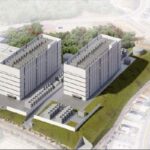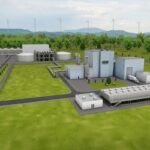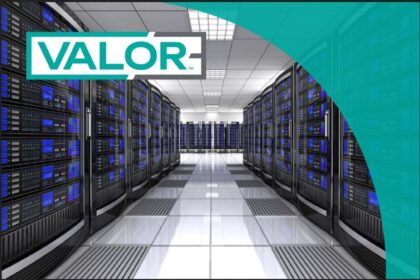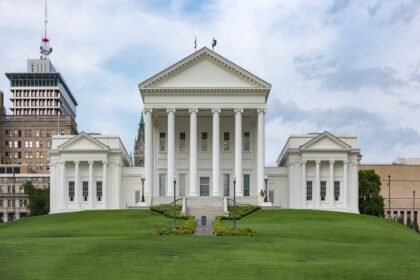On December 31, 2024, Michigan Governor Gretchen Whitmer approved a significant bill designed to attract hyperscalers to the state. The bill extends tax exemptions on equipment purchases for data centers investing in digital infrastructure, aiming to foster economic growth and technological advancements in Michigan’s underdeveloped data center market.
A Strategic Move to Boost Michigan’s Data Center Market
Michigan’s state legislature is eager to make the state a more attractive destination for large-scale data center operators, commonly known as hyperscalers. While companies like Switch, 365, Bedrock, and Sentinum have a presence in Michigan, the state’s overall data center market is still relatively small compared to regions like Silicon Valley or Northern Virginia. In a bid to change that, Senate Bill 237 incentivizes operators who commit to investing over $250 million in digital infrastructure.
Tax Exemption Details for Data Center Operators
The newly approved legislation includes a sales and use tax exemption for qualifying data centers until at least 2050. This exemption applies to equipment purchases for operators investing significant amounts into digital infrastructure, providing substantial savings. For projects located on brownfield sites or former power plant locations, the exemption could extend all the way to 2065.
Addressing Environmental Concerns in Data Center Growth
Despite support for the bill, its passage wasn’t without controversy. Environmental campaigners voiced concerns about the environmental impact of data centers, particularly regarding their energy and water consumption. In response, the legislation includes provisions to ensure that data centers adhere to sustainable design and operations. This includes a requirement for Green Building Initiative’s Green Globes certification within three years of operation, aiming to mitigate environmental impacts and promote resilience in facility construction and operation.
Timeline of the Bill’s Passage
The bill first passed the Michigan Senate in May 2024, but the process slowed when environmental concerns led to delays in the Michigan House of Representatives. After further review and modifications, the bill passed the House in September with bipartisan support, culminating in Governor Whitmer’s approval at the end of the year.
What Does This Mean for Michigan’s Data Center Landscape?
The tax incentives granted by Senate Bill 237 will likely create a more favorable investment climate in Michigan, encouraging major players to establish or expand data center operations. Notably, in November 2024, Switch announced plans to expand its data center in Grand Rapids, signaling growing interest in Michigan as a data center hub.
The Potential Impact of Microsoft’s Recent Land Acquisition
In another significant development, Microsoft acquired 316 acres of land outside Grand Rapids in October 2024. While Microsoft has not revealed specific plans for this site, local officials have indicated that planning discussions have not yet taken place. This acquisition adds an element of intrigue to Michigan’s growing data center sector and suggests that other tech giants might follow suit.
FAQ: Common Questions about Michigan’s Data Center Tax Break Bill
1. What is Senate Bill 237?
Senate Bill 237 is a new Michigan law that extends tax exemptions for data centers investing $250 million or more in digital infrastructure. The bill is designed to attract large-scale operators, including hyperscalers, to Michigan by offering significant tax savings.
2. How long will the tax exemptions last?
The tax exemptions granted by Senate Bill 237 will last until at least 2050 for qualifying data centers, and possibly as long as 2065 for projects located on brownfield or former power plant sites.
3. What are the environmental requirements for data centers under the bill?
Data centers must obtain Green Globes certification within three years of operation, ensuring that they meet sustainable design, construction, and operational standards.
4. How will this legislation affect Michigan’s data center market?
This legislation is expected to stimulate investment in Michigan’s data center sector, creating more opportunities for growth and development in the region, particularly with hyperscalers looking for new locations to expand.
5. Has any major company already committed to expanding in Michigan?
Yes, Switch announced plans to expand its data center in Grand Rapids, and Microsoft acquired land near Grand Rapids, signaling strong interest in Michigan from major tech players.



















